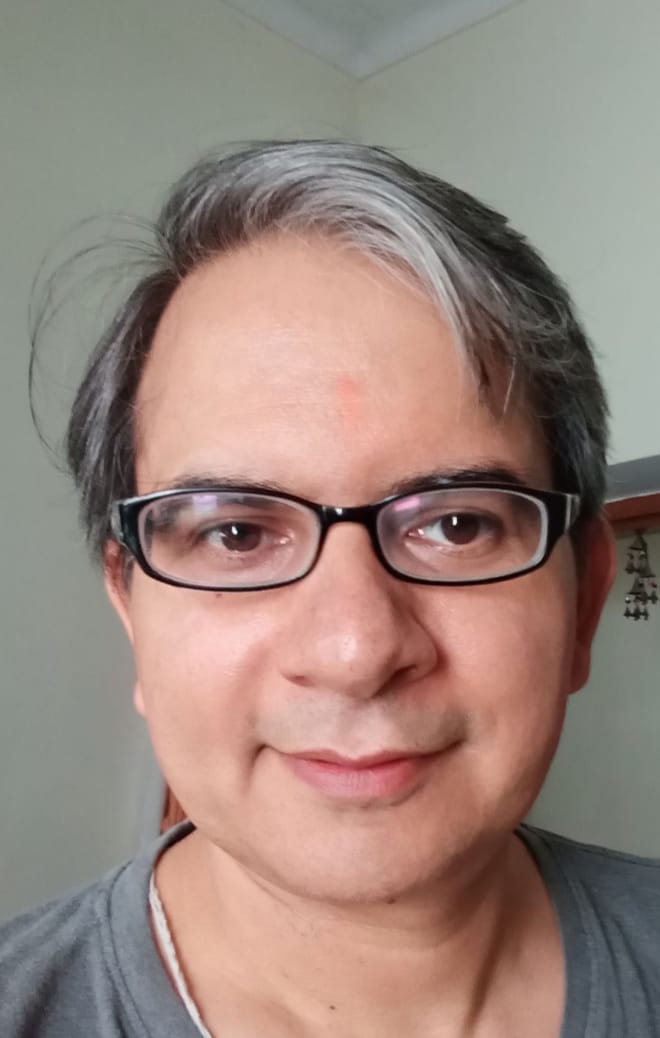Is Article 370 above basic structure doctrine, Supreme Court asks petitioners
The bench, also comprising Justices Sanjay Kishan Kaul, Sanjiv Khanna, B R Gavai, and Surya Kant, was hearing rejoinder arguments on behalf of the petitioners in a batch of pleas challenging the abrogation of Article 370.
